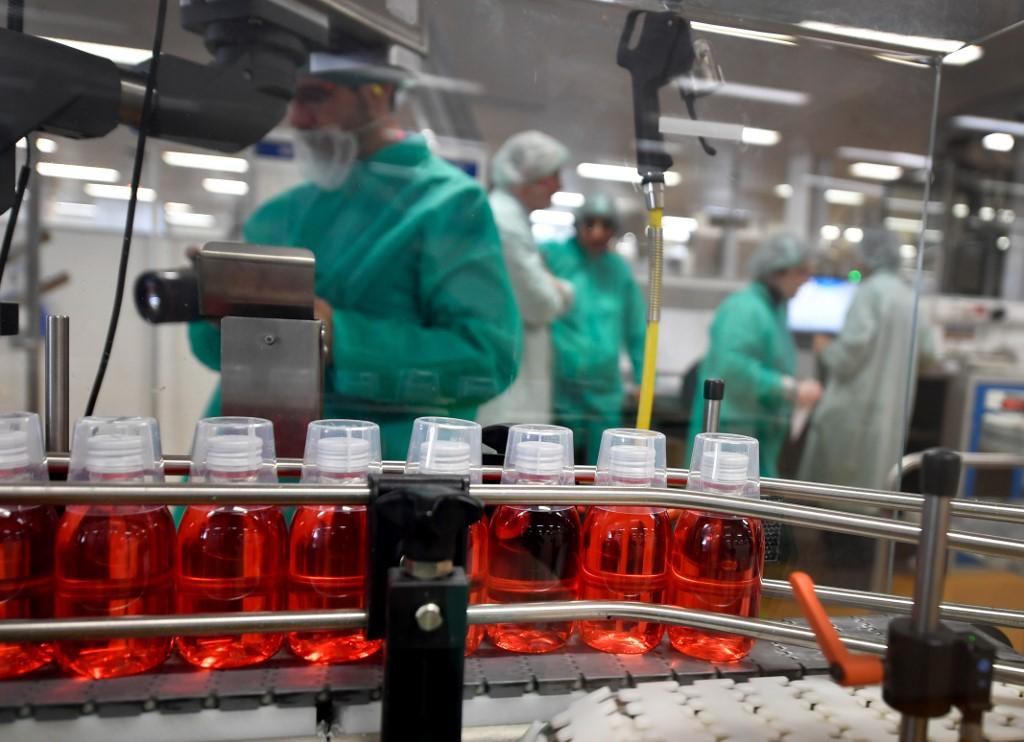Mouthwash can kill Covid-19 within 30 seconds but it’s not a silver bullet
Mouthwash or other disinfectants will do little to protect anyone from inhaling the virus.
Just In
Mouthwash is able to kill Covid-19 within 30 seconds of exposure to it in a laboratory, according to a recent scientific study reported by Sky News.
The research, which was conducted at Cardiff University, found that mouthwashes containing 0.07% of the ingredient cetylpyridinium chloride (CPC) showed “promising signs” of reducing Covid-19 in patients’ saliva.
A 12-week clinical trial at the University Hospital of Wales will now help determine the accuracy of the findings.
“Although this study is a positive step, more clinical research is now clearly needed,” said Professor David Thomas of Cardiff University, leader of the clinical trial. “We look forward to completing our trial in early 2021.”
Nick Claydon, a specialist periodontist, said, “If these positive results are reflected in Cardiff University’s clinical trial, CPC-based mouthwashes could become an important part of people’s protective routine.”
Other health professionals warn against over-optimism as mouthwash is unlikely to ever be a solution to personal protection because many things can kill a virus on contact but they’re not going to stop the source of the virus.
Alcohol, chlorhexidine, hydrogen peroxide and a range of other compounds can all kill viruses on contact or shortly after, but the virus is constantly replicating in the upper respiratory tract.
“It’s still in your nose, in the fluid on your vocal cords, and in your lung airways,” Donald Milton, who studies the transmission of viruses at the University of Maryland told CNN. “All of these and especially the vocal cords and lung airways are major sources of the virus in the air.”
“Mouthwash or other disinfectants will do little to protect someone from inhaling the virus, said Leana Wen, Professor of Health Policy at George Washington University School of Public Health. “Washing out your mouth or nose won’t prevent the virus from being breathed in. But wearing a mask does, and so does keeping good physical distance.”
So while swooshing and gargling should form part of our daily routines, mouthwashes are not going to keep Covid-19 at bay.
Subscribe to our newsletter
To be updated with all the latest news and analyses daily.
